Achondroplasia Overview
Achondroplasia, also referred to as Dwarfism, is a form of osteochondrodysplasia in which the bones do not grow to the normal size based on what is expected of the breed. This is caused by a mutation of the fibroblast growth factor receptor gene. The result is abnormally short limbs, a condition called dwarfism.
Related Conditions: Dwarfism in Dogs
Symptoms and Types
Here are some symptoms to look out for with your puppy to determine if they might be susceptible to achondroplasia or dwarfism.
- Larger than normal head
- Undershot jaw with shorter nose
- Crooked teeth
- Abnormal bone shape
- Overall lack of growth
- Shorter than normal bone development
- Enlarged joints
- Bowed limbs
Breeds Commonly Affected
In some breeds this trait is selectively encouraged. Other breeds that are reported to be affected are bulldogs. This disorder is genetically acquired and considered a hereditary disorder.
- Basset Hounds
- Boston Terriers
- Cocker Spaniels
- Dachshund
- English Bulldogs
- German Shepherds
- Pekingese
- Scottish Terriers
- Shih Tzu
Treatment Options
Depending on level of severity many dogs live long, healthy lives without need for treatment. If your dog suffers severe pain anti-inflammatory medications can alleviate pressure and in some cases orthopedic surgery is necessary to manage the pain.
Cost of Treatment: $1,000 – $5,000 if corrective surgery is necessary.






